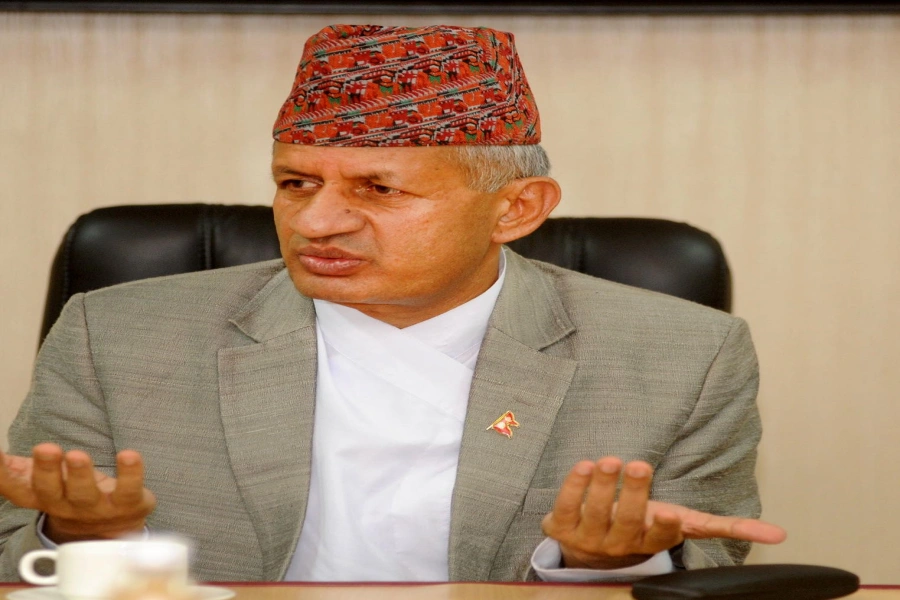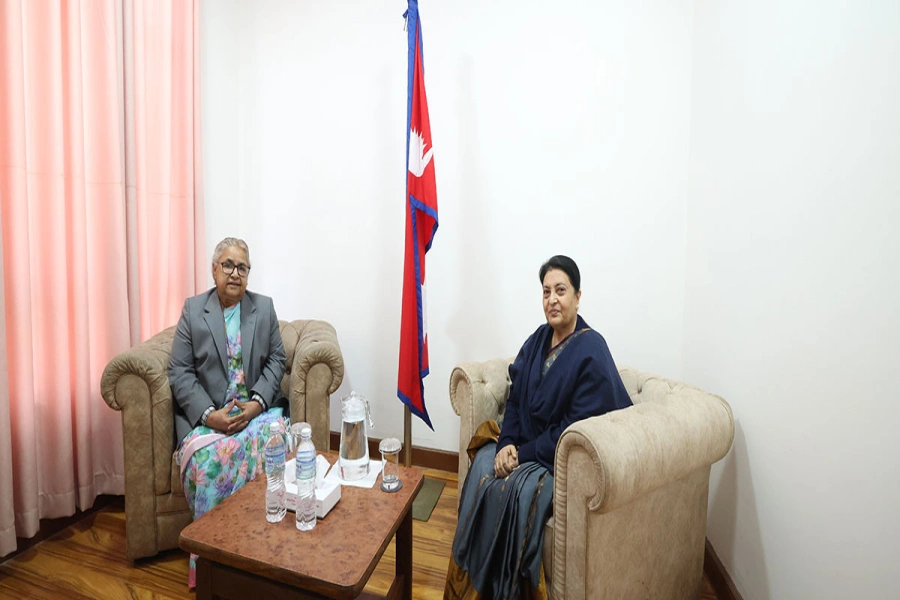BIRGUNJ, June 24: Birgunj Metropolitan City (BMC) has unveiled a budget of Rs 3.33 billion for the fiscal year 2022/2023.
Deputy Mayor of BMC Imtiyaz Alam presented the budget for the new fiscal year during the 11th Municipal Convention held on Friday. The budget brings revisions in the tax policies and unveils plans for new development.
The Municipal Convention held under the chair of Mayor Rajesh Man Singh unveiled the new budget with a slogan called “Industrial and Commercial City, Our Civilized Birgunj Metropolitan City.” The new budget has allocated Rs 2.69 billion for recurrent expenditure and Rs 1.26 billion for capital expenditure.
Free electricity for people consuming up to 20 units will be im...

The only metropolitan city in Madhesh Province expects to receive Rs 79 million in grants from the Province government and generate Rs 950 million from internal sources. Similarly, the metropolis expects to receive Rs 126 million from Asian Development Bank to execute Regional Urban Development programs, Rs 20 million from Road Board Nepal, Rs 9.6 million from District Coordination Committee and Rs 2.5 million from UNICEF in the upcoming fiscal year.
Birgunj metropolis has allocated Rs 199 million for infrastructure development, Rs 357 million for social development, Rs 63 million to execute programs related to education, youths and sports. Similarly, the metropolis plans to spend Rs 12 million for health, Rs 32 million for agriculture, Rs 10.5 million for information technology and communications.
Similarly, Rs 9.3 million will be spent for strengthening service delivery, Rs 89 million for sanitation management, Rs 9.9 million for 4.2 million for economic development, according to the budget unveiled on Friday.
Birgunj Metropolis has decided to bear the electricity tariff cost of those who consume less than 30 units of electricity a month. The metropolis has also announced plans to make seeds and chemical fertilizers available to farmers on time and give subsidies to farmers. It has also announced plans to provide scholarship to poor and diligent students from traditionally marginalized and backward communities.








































